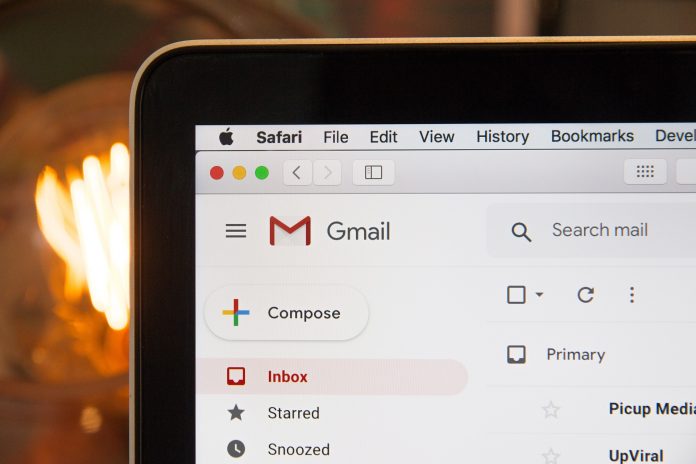The appropriate duration to keep non-engaging subscribers on your email list can vary based on your specific circumstances, industry, and email marketing goals. However, there are some general guidelines to consider:
- Reevaluate Periodically:
- Regularly review your email list and assess subscriber engagement. If certain subscribers consistently show no engagement over an extended period, it may be time to consider removing them.
- Segmentation:
- Segment your email list based on engagement levels. Consider creating segments for highly engaged subscribers, moderately engaged subscribers, and non-engaged subscribers. Tailor your communication strategies accordingly.
- Reactivation Campaigns:
- Before removing non-engaging subscribers, try running reactivation campaigns. These campaigns involve sending targeted emails with incentives, exclusive offers, or personalized content to re-engage inactive subscribers. Monitor the results to see if there’s a positive response.
- Consider Your Goals:
- Assess your email marketing goals and how non-engaging subscribers align with those goals. If a large portion of your list is non-engaging and it negatively impacts your deliverability or sender reputation, it may be more beneficial to remove them.
- Compliance with Regulations:
- Ensure compliance with relevant data protection regulations (e.g., GDPR, CAN-SPAM). Some regulations may have guidelines regarding the retention and processing of subscriber data.
- Communication Preferences:
- Clearly communicate your email frequency and content when subscribers opt-in. If subscribers signed up for a monthly newsletter and you are sending daily emails, they might disengage. Align your communication with the expectations you set.
- Preference Center:
- Provide subscribers with an easy way to manage their preferences. A preference center allows subscribers to choose the frequency and types of emails they want to receive.
- Monitor Open and Click Rates:
- Regularly monitor open rates, click-through rates, and other engagement metrics. If a subscriber consistently shows low engagement over an extended period, it may be an indication that they are no longer interested.
- Automation Rules:
- Implement automation rules to automatically remove or move non-engaging subscribers to a separate list after a predefined period of inactivity.
- Consider Industry Standards:
- Research and consider industry standards for email list maintenance. Some industries may have specific norms or best practices for managing subscriber lists.
While there is no one-size-fits-all answer, it’s important to find a balance that aligns with your email marketing goals and maintains a healthy list of engaged subscribers. Regularly assess and adjust your strategies based on your specific circumstances and the performance of your email campaigns.


